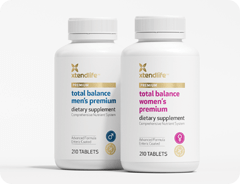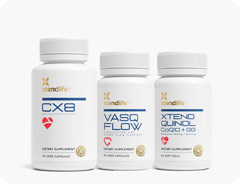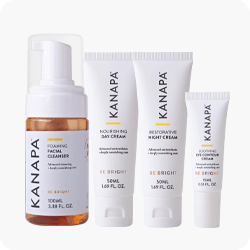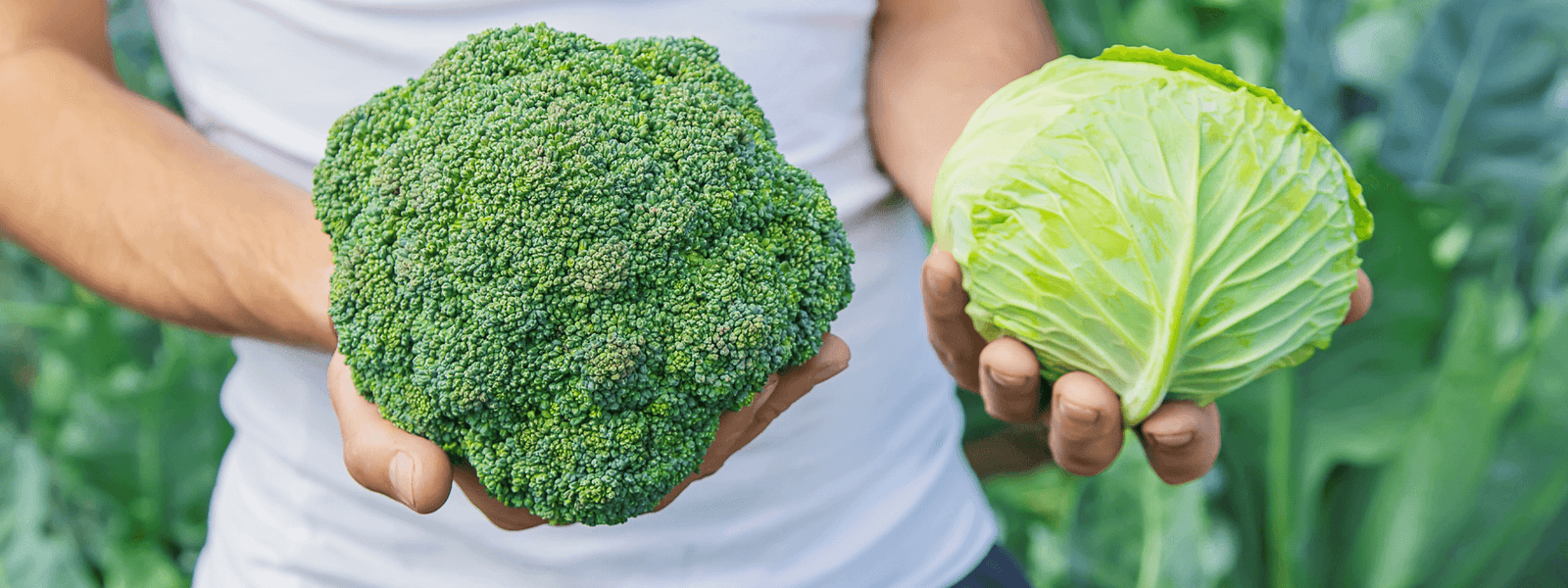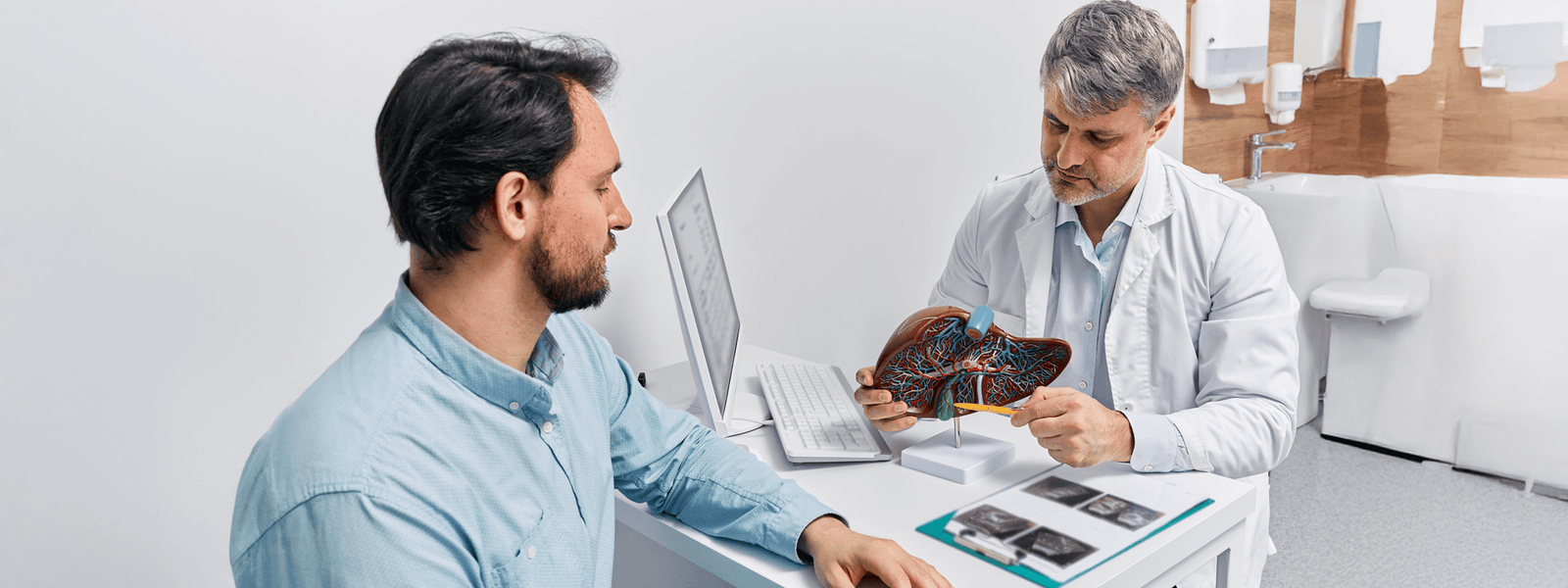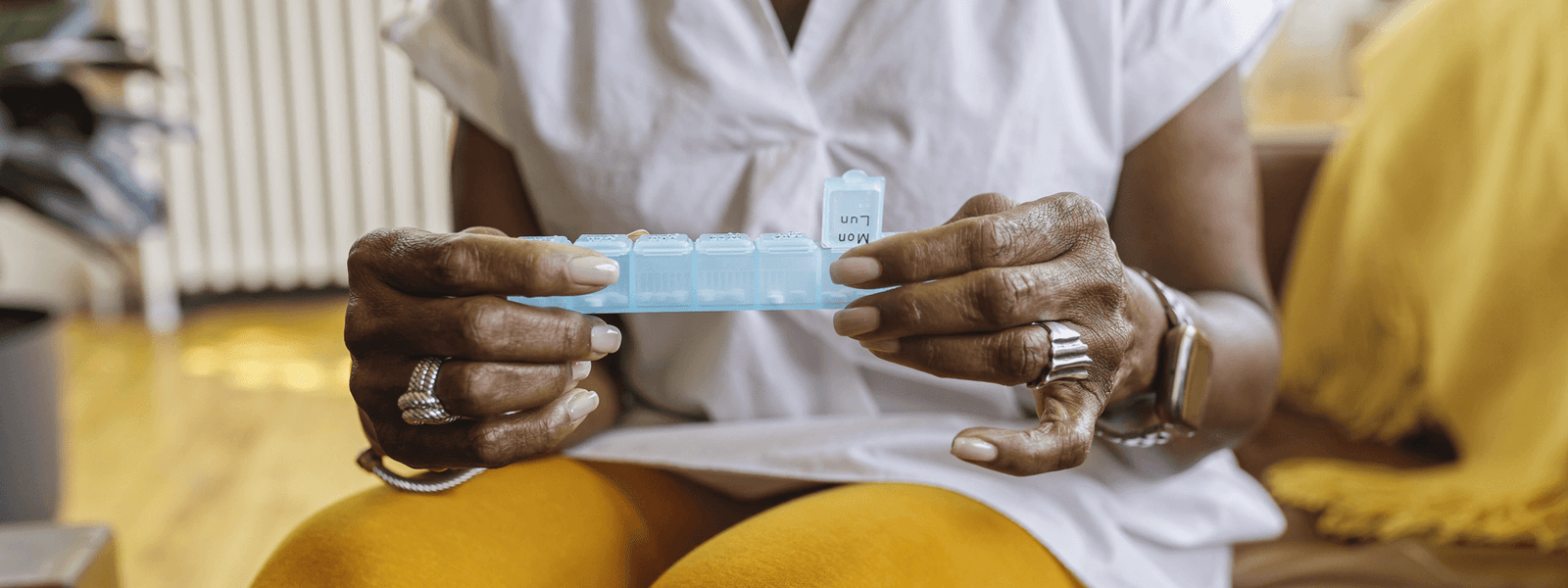More than 175 million people worldwide – at least 10 percent of the global population above the age of 60 - suffer from at least one of the myriad forms of arthritic diseases.
It is the second most common reason we head to the doctor’s office, behind skin disorders. There are hundreds of conditions that fall into the category of joint problems. The most prevalent forms are osteoarthritis, degeneration of the joint caused by an injury or age that leads to a loss of cushioning, and rheumatoid arthritis, an autoimmune disease that causes chronic inflammation – mainly to the joints.
Both types of arthritis cause difficulty moving, pain and stiffness, and the two combined help make arthritis-related diseases the leading cause of work disability among US adults, according to the Centers for Disease Control and Prevention
Like many other health conditions, arthritis looks very different for women and men.
Sixty percent of all arthritis sufferers are women, and they are more likely to develop issues after the age of 50, while men are more likely to experience the joint pain of arthritis before the age of 45.
There are a variety of factors at play here. Men tend to develop problems in their wrists, hips or spine – in part because of work-related repetitive motions or sports injuries - while women more often see problems develop in their hands, knees, ankles and feet, often related to repetitive motion.
The same key factors contribute to joint pain for both sexes, however, including age, injury, inflammation, weight and loss of muscle mass.
Many of these problems can be prevented by taking the right steps toward good health, experts say.
Low Impact Exercise Helps
Low-impact exercises such as walking and cycling are the most effective ways to ease joint pain. Low-impact exercises have been shown to not only lessen pain, but also decrease fatigue and improve the quality of life for people who suffer from any form of joint pain.
Walking is an excellent form of low-impact exercise because it can be done virtually anywhere – outside where you can enjoy nature or inside at the gym or mall. Walking needs absolutely no equipment, aside from a good pair of shoes.
Experts suggest at least 150 minutes of moderate exercise per week for good health – that’s 30 minutes per day, five days per week - and walking is a low-impact exercise that isn’t too hard on your knees, hips or joints.
If pain is a problem, the 30-minute walk can be broken into 10-minute, more manageable sessions throughout the day – perfect for walking the dog or taking a stroll around the block.
Making sure to get enough exercise – swimming and yoga are other low-impact choices - can also help control your weight. Carrying extra weight puts added stress on your joints, putting you at greater risk of developing problems.
Diet
Arthritis is often linked to a diet lacking in essential nutrients, which doesn’t bode well for kids who are growing up on processed foods which provide minimal nutrition.
Eating a healthy diet – especially the highly-touted Mediterranean diet, which focuses on fish, veggies, nuts, olive oil and seeds – is one of the best things we can do to keep ourselves healthy throughout our lives.
The right foods can keep bones and muscles strong as well as ensure that our joints are naturally lubricated and protected against future ailments.
But given how difficult it can be to take in all the nutrients we need on a regular basis, supplements can make a big difference.
Why Vitamin D is Important
According to a recent study, low levels of vitamin D have been linked to knee pain and could ultimately predict future problems.
Vitamin D is important for bone, cartilage and muscle function, but it is not found in many foods. The best source of Vitamin D is exposing your skin to sunshine; however, many people don’t spend enough time outside and are at risk of Vitamin D deficiency.
A study from the University of Tasmania in Australia, focused on both men and women aged 50 and above, found that those whose blood showed lower levels of vitamin D at the start of the study were more likely to experience knee pain at the end of the five-year study.
“Moderate vitamin D deficiency independently predicts incident, or worsening of, knee pain over 5 years and, possibly, hip pain over 2.4 years,” researchers said. “Therefore, correcting moderate vitamin deficiency may attenuate worsening of knee or hip pain in elderly people.”
Vitamin D supplements for those with normal levels who also had knee pain did not yield any results, however.
Xtendlife Founder, Warren Matthews, shares his experience of having a healthy level of vitamin D in his system. “I am almost 70 years old and do not have a hint of arthritis or joint pain. When tested recently for vitamin D levels, mine were very high. I do not take any vitamin D supplements other than what is present in our Total Balance, but I get a lot of healthy exposure to sunlight which is likely why my vitamin D levels are high”.
Xtendlife’s best-selling Total Balance supplements contain 25µg (1,000 IU) Vitamin D3 per serving, providing 125% of your daily Vitamin D needs. This is an easy way to get your daily Vitamin D requirement, and Total Balance comes with loads of other health-promoting and anti-aging benefits.
When Joint Pain is Holding You Back
If joint pain is holding you back, try Xtendlife's newest supplement Ach-Eze. With the convenience of just one capsule per day, Ach-Eze is sure to become your go-to supplement for joint support. It contains three powerful, research backed ingredients and provides fast, natural pain management, as well as longer-term support for joint health. For more information head to Ach-Eze.
Ach-Eze - Joint Support
Award-winning ingredients clinically tested for natural pain and joint support.
Shop now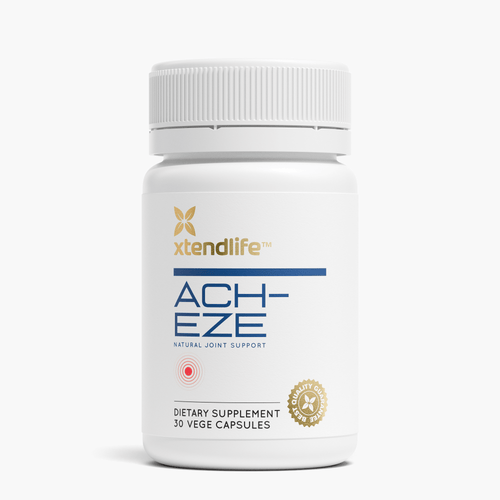
References:
- http://edition.cnn.com/2007/HEALTH/02/27/CL.joint.health/index.html?_s=PM:HEALTH
- http://www.cdc.gov/features/arthritisawareness/
- http://www.webmd.com/arthritis/caring-your-joints
- http://www.xtend-life.com/healthconditions/Arthritis.aspx
- http://www.mayoclinic.org/diseases-conditions/arthritis/basics/risk-factors/con-20034095
- http://www.ncbi.nlm.nih.gov/pubmed/23595144


 Supplements
Supplements Bundles
Bundles